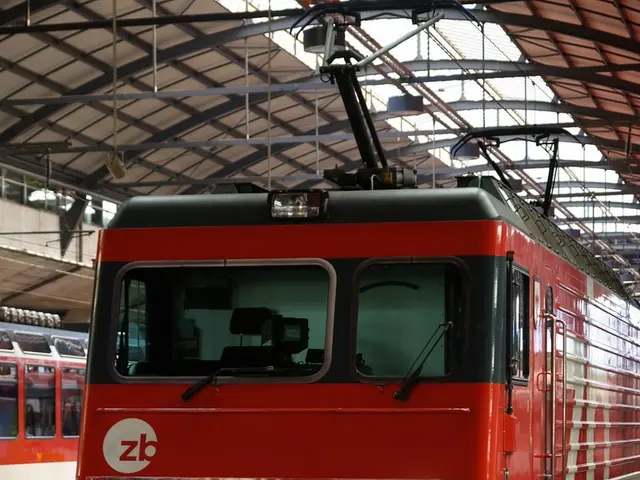Austrian Delay in Completing Access Track for Brenner Base Tunnel Alters Timeline to 2039
Approaching Delay on Tyrolean Section of Brenner Base Tunnel Construction - Awaiting Determination on Market Compatibility for the Proposed Aid
Ah, the European rail game! Let's dive into the latest twist with the Brenner Base Tunnel project in Austria. You know, that fancy tunnel that'll zip you from Munich to Verona in no time!
The Austrian Government's austere measures have been causing a bit of a hang-up. The feeder line in Tyrol, part of the expansion for the Brenner Base Tunnel, won't be completed until 2039 instead of the original 2037, according to an ÖBB spokesperson. The Austrian Press Agency (APA) broke the news.
Why the shift? Well, it's all about keeping in sync with the project's progress in Germany. You see, the German Bundestag is still mulling over the route of the access track in Bavaria. The ÖBB dude mentioned this when talking to reporters.
Now, don't worry about the main tunnel - it's still on track to open in 2032. No fiddling with that schedule, despite Austria's billion-euro austerity package. ÖBB assures us that the main event is still happening as planned while they juggle the associated access routes due to political and financial hiccups in both countries.
So there you have it! The Brenner Base Tunnel project is as exciting as ever, even with a bit of a scheduling shuffle on the Alpine access routes. Keep your eyes peeled for more updates as the project continues to unfold!
- Rail Project
- Austria
- Tyrol
- Austerity Measure
- Delay
- ÖBB
- Vienna
- Italy
References:
- European Rail News, "Brenner Base Tunnel Delay in Austrian Tyrol", www.europeanrailnews.com
- The Construction Index, "German Bundestag's Delay in Decision Affects Brenner Base Tunnel Access Track in Austria", www.theconstructionindex.co.uk
- The delay in completing the Community policy regarding the access track for the Brenner Base Tunnel in Tyrol, Austria, has been extended to 2039, affecting the initial timeline of 2037.
- This adjustment followed discussions between the German industry, finance sector, public-transit, transportation, and the Austrian government, highlighting the need for synchronization between the access track routes in both countries.








